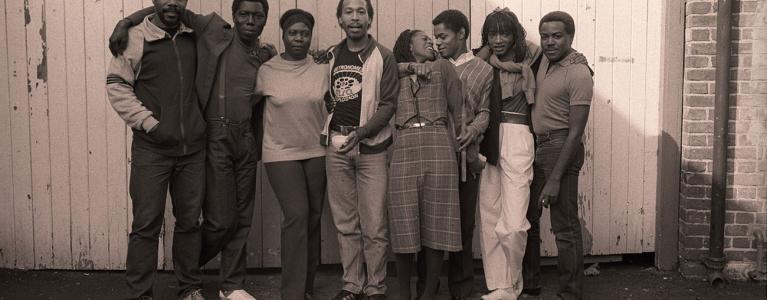
By Natasha Bonnelame, Black Plays Archive
The UK has a long history of incredible black playwrights and practitioners. But until around a decade ago, their voices were largely forgotten.
This began to change in 2006, when a report by Whose Theatre? urged that making archive materials easily available could help restore these writers to prominence.
The playwright Kwame Kwei-Armah began the Black Plays Archive project at the National Theatre, where staff have worked closely with archives and theatre companies including Black Cultural Archives, George Padmore Institute and Talawa Theatre to catalogue the first professional production of every African, Caribbean and black British play produced in Britain.
Leading black writers including Bernardine Evaristo and Stephen Bourne shared their personal archives, allowing National Theatre staff to map playwrights’ contributions to the picture of British theatre more broadly. Today, the Black Plays Archive, supported by Sustained Theatre and Arts Council England, is a vast digital repository for researchers, practitioners, academics and anyone interested in this rich slice of theatrical history.
The first productions by black British playwrights were staged at the Royal Court in the late 1950s. While inspirational, they proved frustrating for the writers and directors who struggled to find companies willing to produce their work. This led directly to the founding of several black theatre companies - such as the Black Theatre Co-operative in 1978.
The 1980s saw a marked rise in the number of plays by black writers being produced. Although still on the margins, black theatre companies began to commission and produce work examining ideas of Britishness, race, identity and mixed heritage. Second-generation female writers including Jackie Kay and Valerie Mason John began to counter the patriarchal narratives of the previous decade, while the Theatre of Black Women was one of several companies seminal in providing a voice for women and gay black writers.